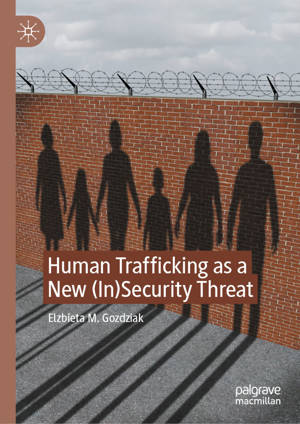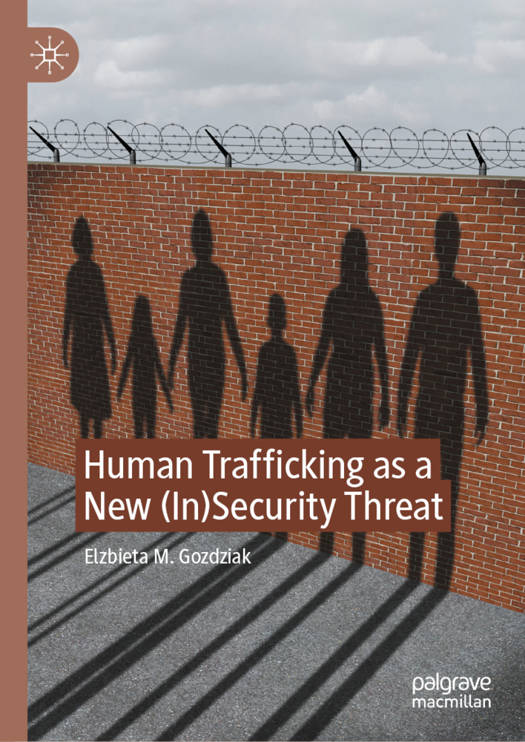
- Retrait gratuit dans votre magasin Club
- 7.000.000 titres dans notre catalogue
- Payer en toute sécurité
- Toujours un magasin près de chez vous
- Retrait gratuit dans votre magasin Club
- 7.000.0000 titres dans notre catalogue
- Payer en toute sécurité
- Toujours un magasin près de chez vous
167,95 €
+ 335 points
Format
Description
Analyses different security facets of human trafficking, at the global, national/regional, and human level
Provides original empirical evidence from ethnographic research in the United States, Hungary, Moldova, and Poland Argues that in a post 9/11 world, securitized notions of human trafficking are slowly replacing traditional concepts of migration and mobility
Provides original empirical evidence from ethnographic research in the United States, Hungary, Moldova, and Poland Argues that in a post 9/11 world, securitized notions of human trafficking are slowly replacing traditional concepts of migration and mobility
Spécifications
Parties prenantes
- Auteur(s) :
- Editeur:
Contenu
- Nombre de pages :
- 138
- Langue:
- Anglais
Caractéristiques
- EAN:
- 9783030628727
- Date de parution :
- 06-01-21
- Format:
- Livre relié
- Format numérique:
- Genaaid
- Dimensions :
- 148 mm x 210 mm
- Poids :
- 326 g

Les avis
Nous publions uniquement les avis qui respectent les conditions requises. Consultez nos conditions pour les avis.






